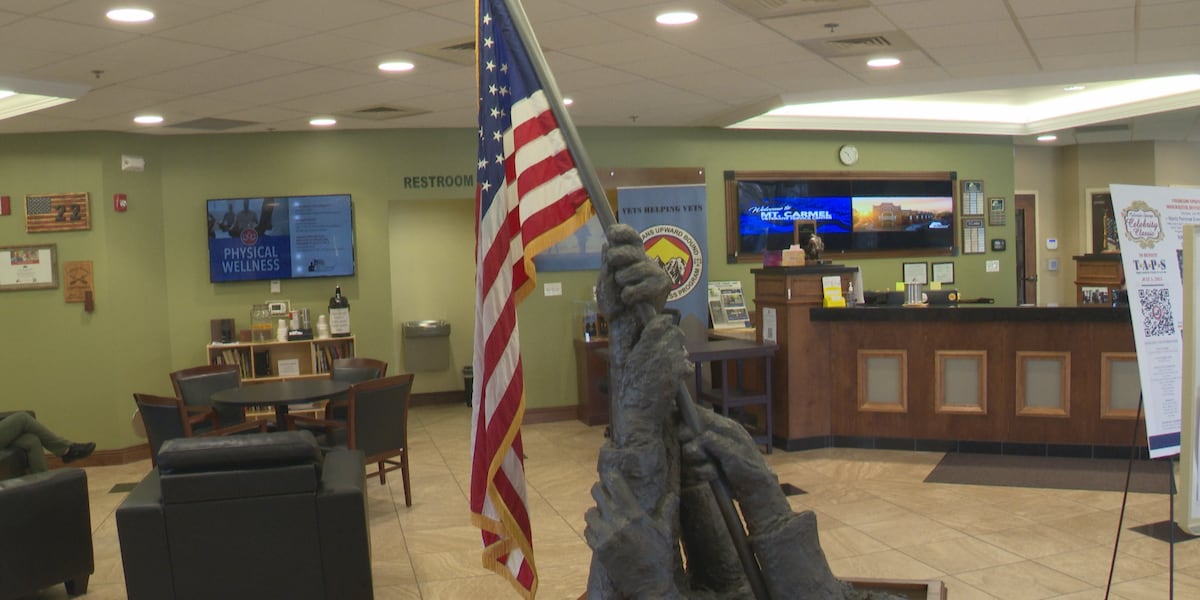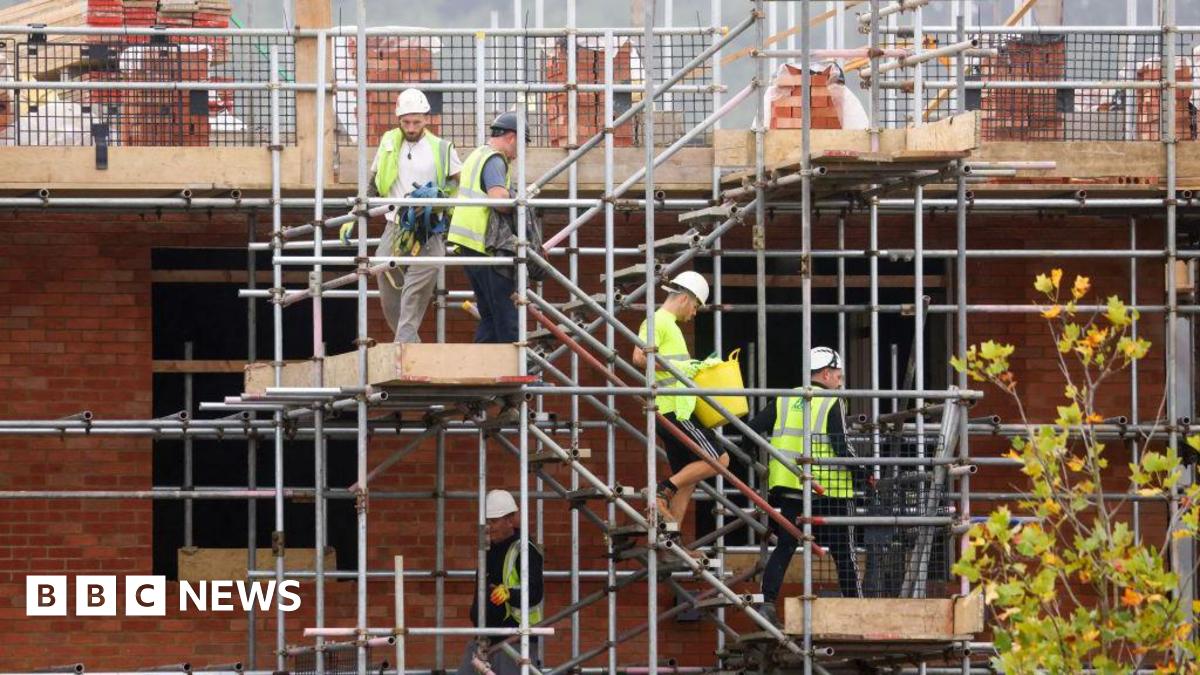Colorado Veteran's Powerful Plea: Don't Suffer in Silence - Mental Health Matters
2025-05-30

KKTV
As Mental Health Awareness Month draws to a close, a Colorado veteran is sharing a vital message: seeking help is a sign of strength, not weakness. John Timmons, who has dedicated eight years to supporting veterans, highlights a persistent and deeply concerning issue – the reluctance of many to discuss their mental health struggles. This article explores Timmons' experiences, the challenges veterans face, and the urgent need for open conversations and accessible support systems.
The Silent Struggle: A Veteran's Perspective
John Timmons has witnessed firsthand the toll that military service can take on individuals. Having worked closely with veterans for the past eight years, he’s observed a recurring pattern: a reluctance to speak about the emotional and psychological burdens they carry. "One of the biggest challenges is that many veterans feel like they're not allowed to talk about what they're going through," Timmons explains. This feeling of being unable to share experiences can stem from a variety of factors, including a desire to maintain a stoic image, fear of judgment, or concerns about career repercussions.
Why the Hesitation? Societal and Military Influences
The culture within the military often emphasizes resilience and self-sufficiency. While these qualities are undoubtedly valuable, they can inadvertently discourage individuals from seeking help when they need it most. Furthermore, societal stigmas surrounding mental health can exacerbate the problem, making veterans feel ashamed or embarrassed to admit they’re struggling. The pressure to appear “tough” can be immense, leading many to internalize their pain and suffer in silence.
The Impact of Silence: Consequences for Veterans
The consequences of this silence can be devastating. Untreated mental health conditions can lead to a range of problems, including depression, anxiety, substance abuse, relationship difficulties, and even suicidal ideation. It's crucial to understand that seeking help is not a sign of failure; it's a proactive step towards healing and recovery. Early intervention is key to preventing these issues from escalating.
Breaking the Stigma: Encouraging Open Communication
Timmons and others in the veteran support community are actively working to break down these barriers and create a culture of openness and understanding. This involves raising awareness, providing education, and offering accessible mental health services. Creating safe spaces where veterans can share their experiences without fear of judgment is paramount. Peer support groups, where veterans can connect with others who have similar experiences, can be particularly valuable.
Resources and Support for Colorado Veterans
Fortunately, there are numerous resources available to support the mental health of Colorado veterans. These include:
- Colorado Department of Veterans Affairs: Offers a wide range of services, including mental health counseling and support groups.
- Veterans Affairs (VA) Healthcare System: Provides comprehensive medical care, including mental health services, to eligible veterans.
- Operation Support Our Troops America: Offers financial assistance and support to military families and veterans.
- Local Veteran Organizations: Many local organizations provide peer support, counseling, and other resources.
A Call to Action: Speak Up and Reach Out
As Mental Health Awareness Month concludes, John Timmons' message remains clear: don't suffer in silence. If you’re a veteran struggling with your mental health, please reach out for help. And if you know a veteran who may be struggling, encourage them to seek support. Together, we can create a community where veterans feel valued, supported, and empowered to prioritize their mental well-being. It takes courage to ask for help, but it’s a step that can change a life.




